Everything was angular about him: his brilliant smile, the choppy movements of his hands as he spoke, the western mannerisms he had picked up abroad at Yale. But it was the smile that really stood out. Alexei Navalny didn’t know me, probably didn’t trust me, but his smile was a signal of trust – an open sincerity I’d never seen among Russian politicians.
Already a subscriber? Log in
Subscribe for just $2 a week
Try a month of The Spectator Australia absolutely free and without commitment. Not only that but – if you choose to continue – you’ll pay just $2 a week for your first year.
- Unlimited access to spectator.com.au and app
- The weekly edition on the Spectator Australia app
- Spectator podcasts and newsletters
- Full access to spectator.co.uk
Or

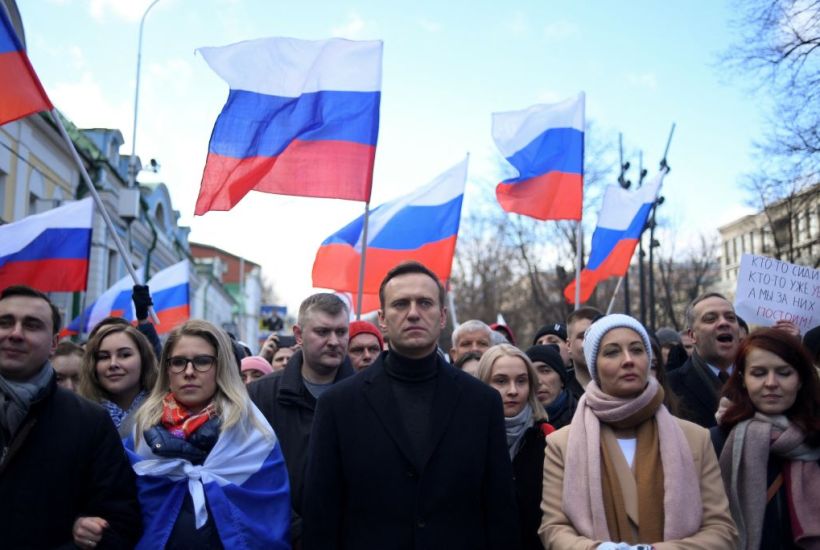

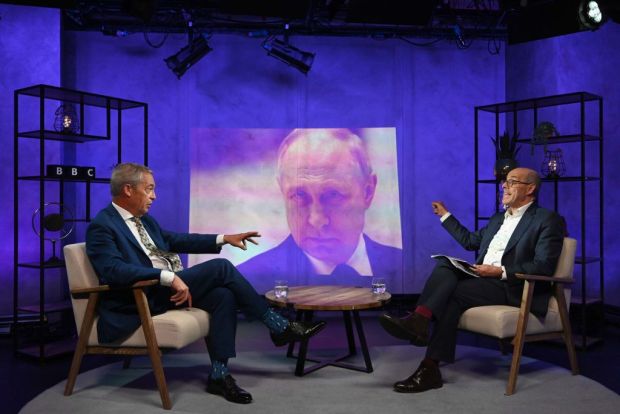
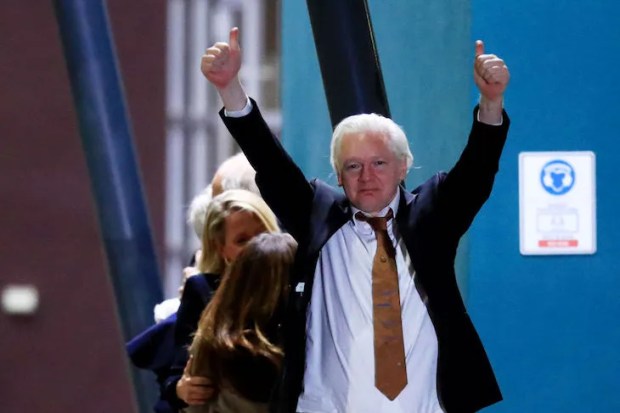
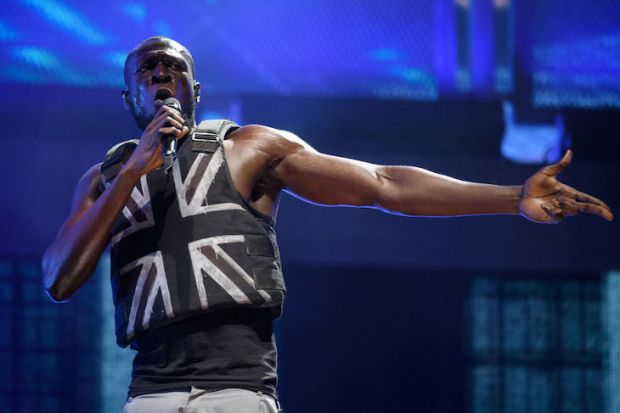

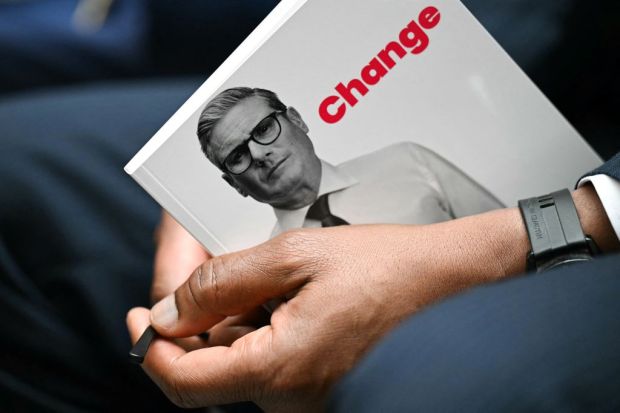






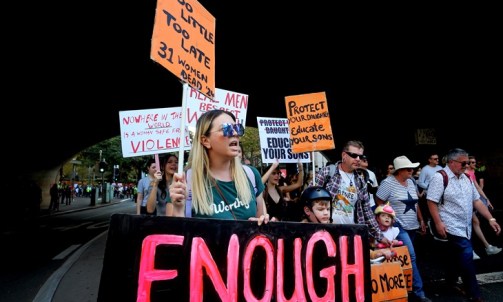





Comments
Don't miss out
Join the conversation with other Spectator Australia readers. Subscribe to leave a comment.
SUBSCRIBEAlready a subscriber? Log in